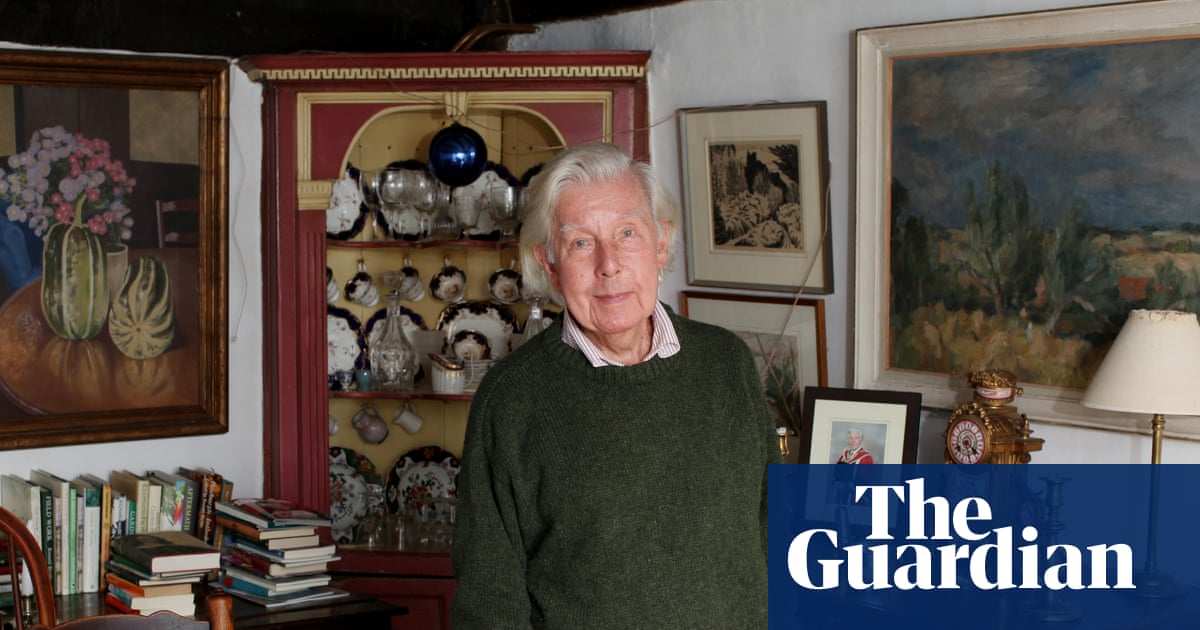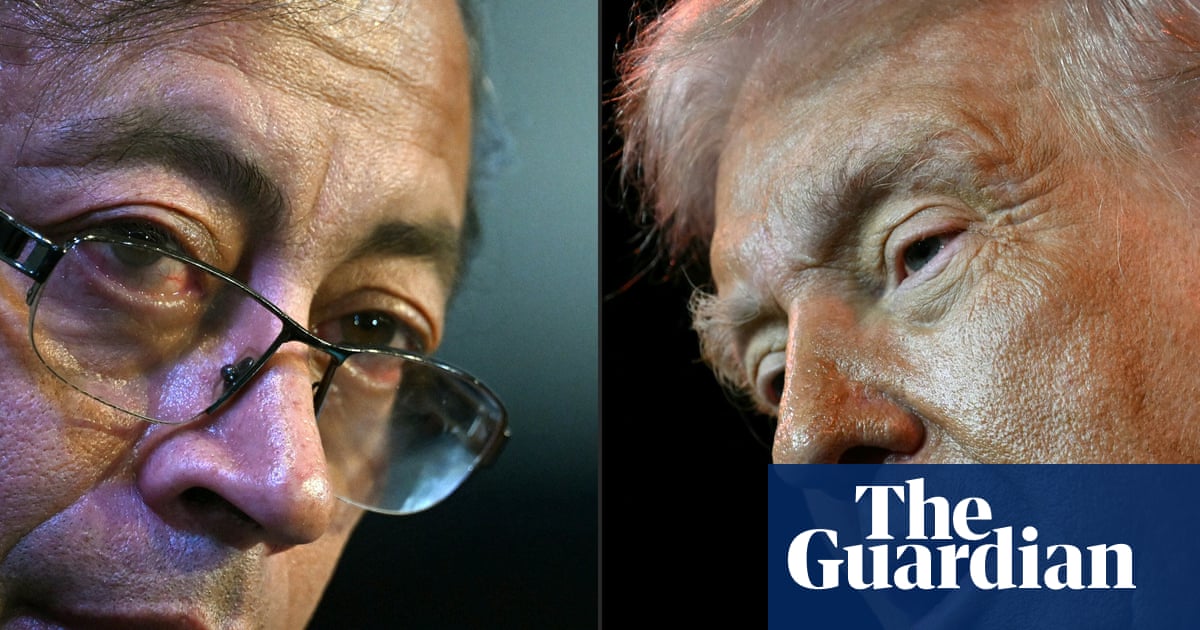Is there any punctuation mark more divisive than the humble semicolon? It has, I’ll admit, some strong competition. The use of exclamation marks (particularly by women) makes some people very excitable. The Oxford comma has sparked vigorous debate among friends, family and internet strangers. More recently, ChatGPT’s apparent proclivity for the em dash has caused consternation among em-thusiasts, who are terrified they’ll be accused of using AI.
Still, while competition might be stiff, if there was a Most Provocative Punctuation contest, I reckon the semicolon would win it. Thrust into the world by an Italian printer called Aldus Manutius in 1494, the semicolon has amassed a legion of passionate supporters and haters. Abraham Lincoln was among the former; he once described the semicolon as a “useful little chap”. Meanwhile, Kurt Vonnegut (hater) called them “transvestite hermaphrodites representing absolutely nothing. All they do is show you’ve been to college.” (If Kurt had been to a college campus recently, he’d know you couldn’t talk about “transvestite hermaphrodites” without getting cancelled.)
For most of my life, I was agnostic about the semicolon. Then I had a dalliance with a woman with a bizarre fetish for the things; she even used them in text messages. It was not why we broke up, though I did get annoyed by her pretentious semicolon habit, and it soured me on the mark. But over the years I’ve noticed the useful little chaps keep creeping into my writing. I’ve started to think that my ex and Lincoln were on to something. So it’s only right that I am honest with everyone about my proclivities and admit it: I have become a late-in-life semicolon enthusiast.
Alas, this is not a fashionable orientation these days. Semicolon usage in British English books has fallen by nearly 50% in the past two decades, a study from language-learning company Babbel found in May. Another found that 67% of British students – rebels without a clause – rarely use it. Still, it’s been going strong for more than 500 years, so I doubt we’re going to see the end of the semicolon anytime soon. This is not a full stop; just a gentlemanly pause.

 3 months ago
75
3 months ago
75

















































